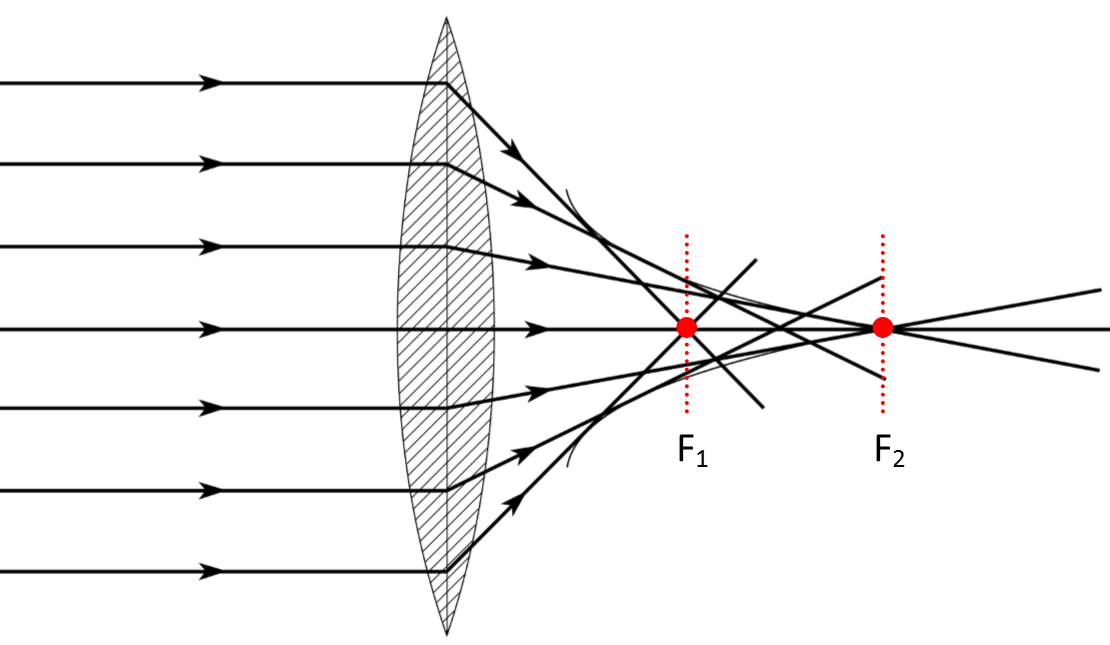Computational Optimal Transport for Machine Learning Reading Group
Over the last few years, optimal transport (OT) has quickly become a central topic in machine learning. OT is now routinely used in many areas of ML, ranging from the theoretical use of OT flow for controlling learning algorithms to the inference of high-dimensional cell trajectories in genomics. This reading group aims to keep participants up to date with the latest research happening in this area.
Logistics
For Winter 2022 term, meetings will be held weekly on Mondays from 14:00 to 15:00 EST via zoom (for now).
-
Password will be provided on slack before every meeting.
-
Meetings will be recorded by default. Recordings are available to Mila members at this link. Presenters can email [email protected] to opt out from being recorded.
-
Reading Group participates are expected to read each paper beforehand.
Schedule
| Date | Topic | Presenters | Slides |
|---|---|---|---|
| 01/17/21 | Introduction to Optimal Transport for Machine Learning | Alex Tong Ali Harakeh |
Part 1 Part 2 |
| 01/24/21 | Learning with minibatch Wasserstein : asymptotic and gradient properties | Kilian Fatras | -- |
| 01/31/21 | -- | -- | -- |
| 02/7/21 | -- | -- | -- |
| 02/14/21 | -- | -- | -- |
| 02/21/21 | -- | -- | -- |
| 02/28/21 | -- | -- | -- |
Paper Presentation Instructions
Volunteer to Present
-
All participants are encouraged to volunteer to present at the reading group.
-
Volunteers can choose a paper from this list of suggested papers, or any other paper that is related to optimal transport in machine learning.
-
To volunteer, please send the paper title, link, and your preferred presentation date the Slack channel
#volunteer-to-presentor email[email protected].
Presentation Instructions
-
Presentations should be limited to 40 minutes at most. During the presentation, organizers will act as moderators and will read questions as they come up on the Zoom chat. The aim is to be done in 35-40 min to allow 15 min for general discussion.
-
Presentations should roughly adhere to the following outline:
- 5-10 minutes: Problem setup and position to literature.
- 10-15 minutes: Contributions/Novel technical points.
- 10-15 minutes: Weak points, open questions, and future directions.
Useful References
This is a list of useful references including code, text books, and presentations.
Code
- POT: Python Optimal Transport: This open source Python library provide several solvers for optimization problems related to Optimal Transport for signal, image processing and machine learning. This library has the most efficient exact OT solvers.
- GeomLoss: The GeomLoss library provides efficient GPU implementations for Kernel norms, Hausdorff divergences, and Debiased Sinkhorn divergences. This library has the most scalable duel OT solvers embedded within the Sinkhorn divergence computation.
Textbooks
@article{peyre2019computational,
title={Computational optimal transport: With applications to data science},
author={Peyr{\'e}, Gabriel and Cuturi, Marco and others},
journal={Foundations and Trends{\textregistered} in Machine Learning},
volume={11},
number={5-6},
pages={355--607},
year={2019},
publisher={Now Publishers, Inc.}}
Workshops and Presentations
Organizers
- Ali Harakeh
[email protected] - Alex Tong
[email protected]
Modeled after the Causal Representation Learning Reading Group .





